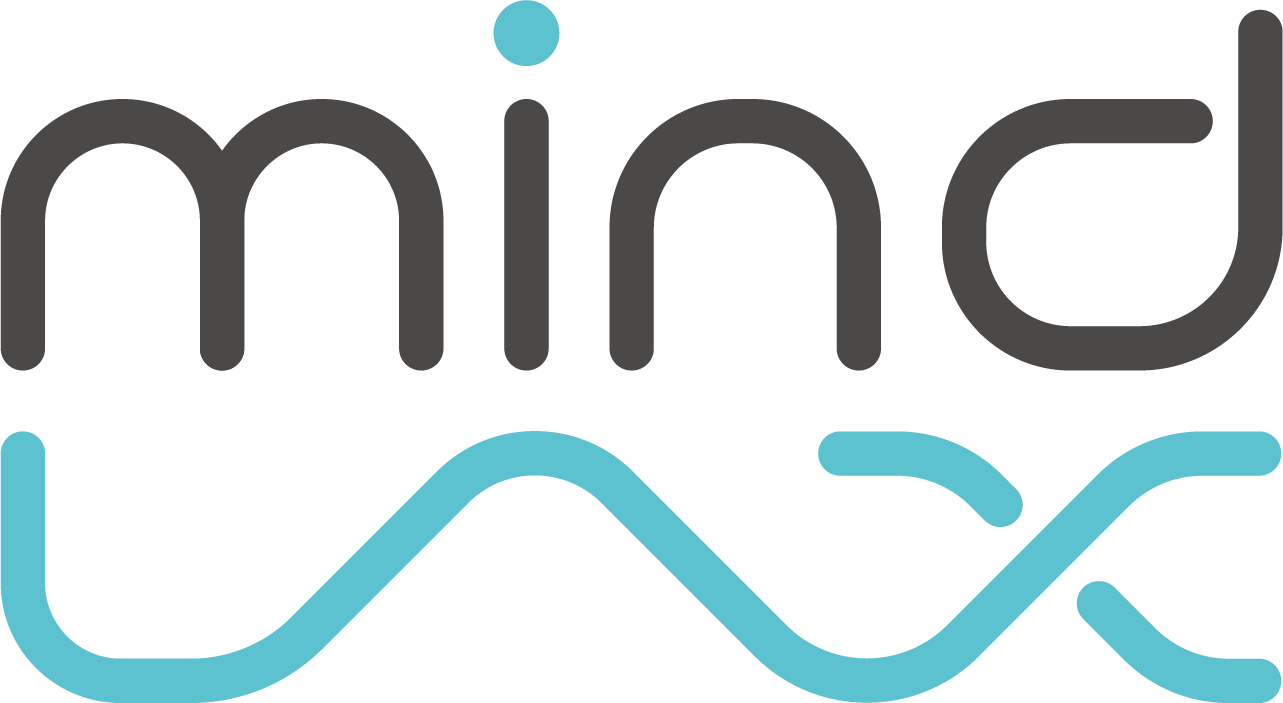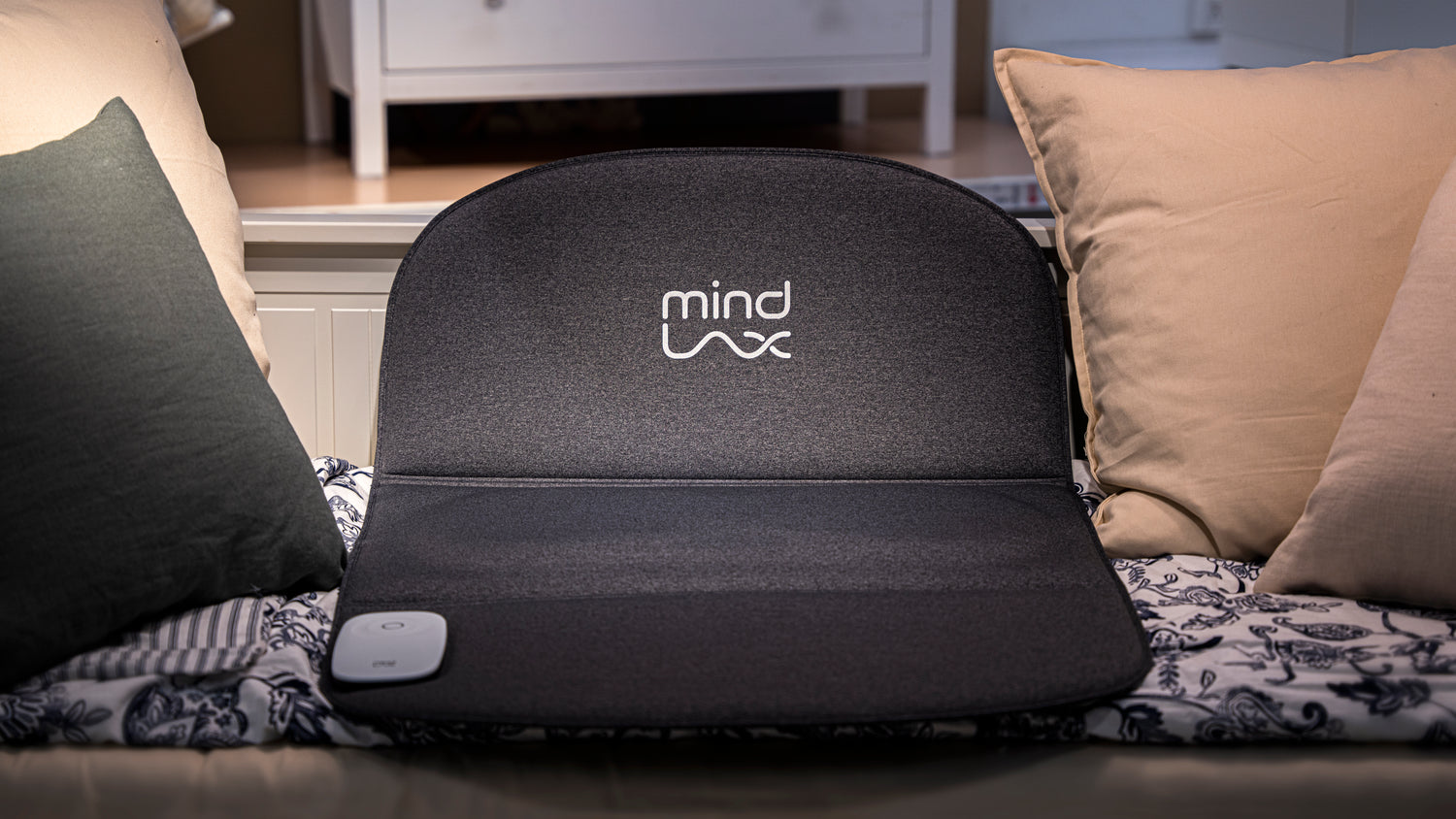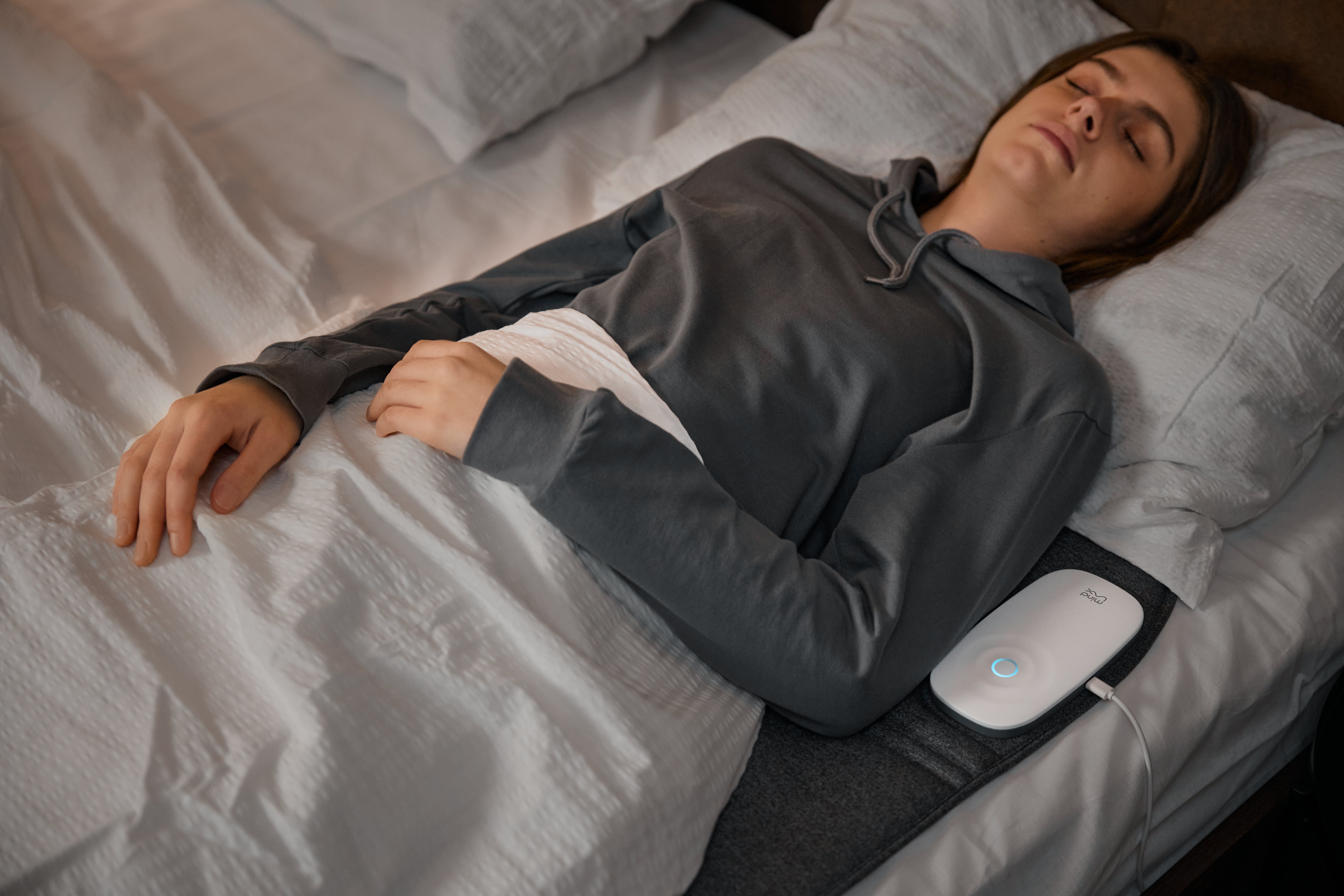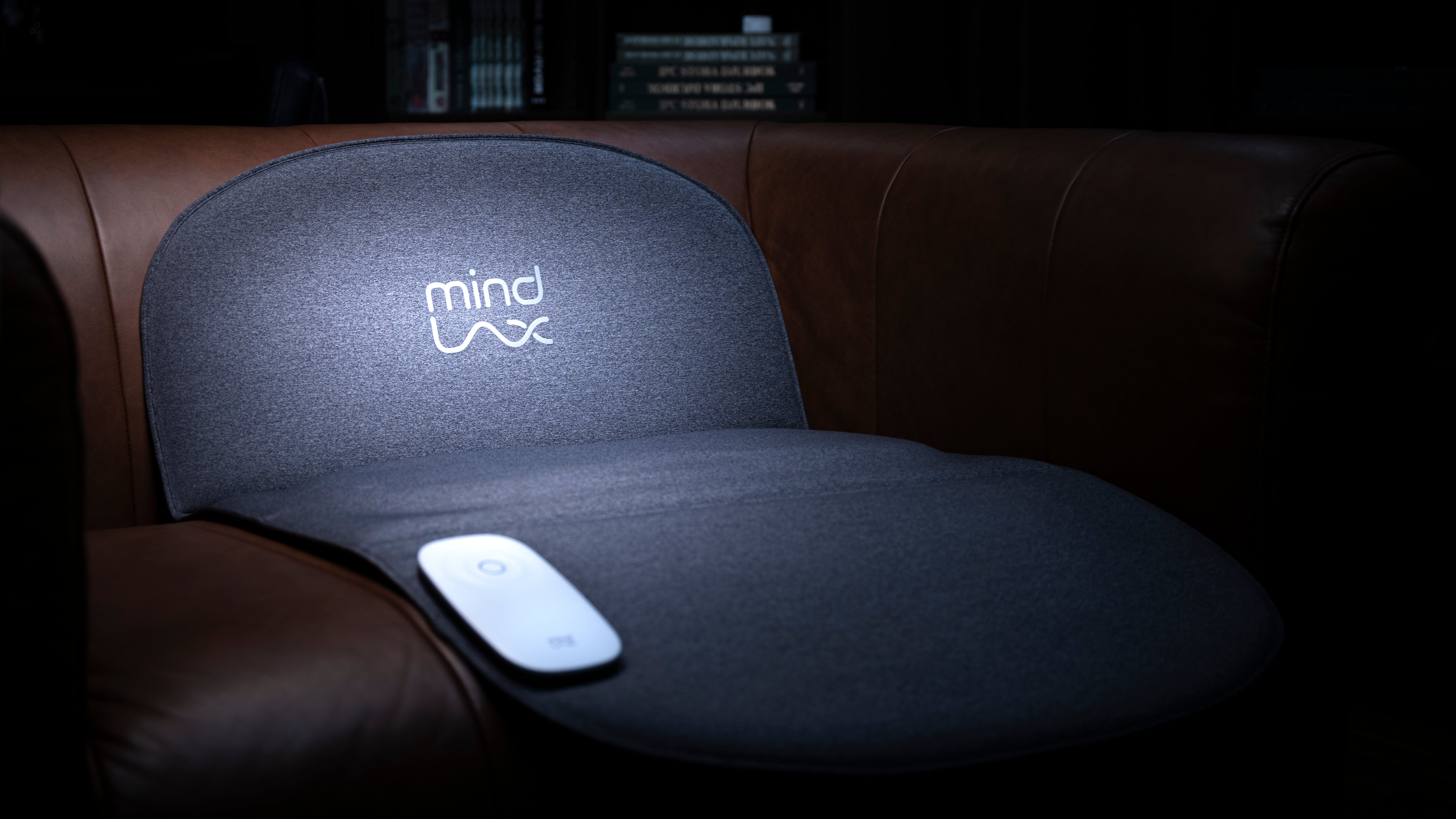Throughout the waking hours and during sleep, brain cells constantly communicate with each other through electrical pulses, which create brain waves. Tests that detect the electrical activity of the brain measure the number of brain waves per second, also called brain wave frequency.
Generally, being more awake or alert results in a higher frequency of brain waves. Being drowsy or more deeply asleep often corresponds with brain waves occurring at a lower frequency.
Alpha waves are a type of brain wave that can occur between alertness and sleep. We explore the nature of alpha waves and other types of brain waves and how alpha waves may affect a person’s sleep.
What Are Alpha Brain Waves?
Alpha brain waves are the main brain wave pattern that develops when a person becomes drowsy and transitions from wakefulness to sleep. They continue during the early phase of sleep until they are replaced by slower theta waves.
Alpha waves are also present when a person is awake and relaxing, such as with the eyes closed or during meditation. Alpha wave production is associated with states of creativity, but they tend to disappear when a person performs mental activity requiring greater attention.
Alpha Activity
Alpha wave frequency ranges between 8 and 13 hertz. Hertz, abbreviated as Hz, is a measurement of frequency per second. An alpha wave frequency of 8 Hz indicates that eight alpha waves occur in one second.
Other Brain Wave Frequencies
Generally, brain waves are faster and have higher frequencies during wakefulness. Brain waves become slower when a person is drowsy and slow down further during deeper stages of sleep. However, in REM sleep, brain wave patterns resemble those of someone who is awake.

How Is Alpha Activity Measured?
Electrical activity in the brain, including alpha brain waves, is measured with an electroencephalogram (EEG). An EEG is a common component of a sleep study. Studying brain waves with an EEG helps health care professionals diagnose sleep disorders such as narcolepsy. Doctors also use EEGs to diagnose brain conditions such as epilepsy.
To conduct an EEG, a health professional adheres small electrodes to different parts of the head. The electrodes send electrical impulses from the scalp through attached wires to a machine. The machine then displays the electrical signals as waves, either on a screen or on paper.
How Do Alpha Waves Affect Sleep?
Alpha wave activity is a normal part of falling asleep. But alpha waves may also play a role in certain sleep disorders and disturbances, notably insomnia and alpha-delta sleep.
Insomnia
Some research suggests that patterns of alpha brain wave activity are different in people who have insomnia compared to people who do not. One study found that people with insomnia experience increased alpha wave activity and greater variation in alpha frequency before falling asleep. Researchers speculate that this may be related to an active imagination or to life factors such as stress.
Another study found that people with insomnia experience wakeful levels of alpha waves when aroused during the night. By contrast, people without insomnia have lower levels of alpha waves upon waking in the night.
Alpha-Delta Sleep
Alpha-delta sleep is an abnormal brain wave pattern associated with certain health conditions. In alpha-delta sleep, the brain produces alpha waves during deep sleep, when it would normally be producing slow delta waves. The intrusion of alpha waves can make sleep unrefreshing and leave people feeling sleepy during the day.
Alpha-delta sleep is found in many people with fibromyalgia, a chronic pain condition. It can also affect people with arthritis, depression, sleep disorders, and lupus. Some evidence suggests that alpha-delta sleep can cause pain or make pain worse for people with fibromyalgia. But more research is needed to determine whether alpha-delta sleep causes pain, or if it is caused by pain instead.
(resources: sleep foundation)






Leave a comment
This site is protected by hCaptcha and the hCaptcha Privacy Policy and Terms of Service apply.